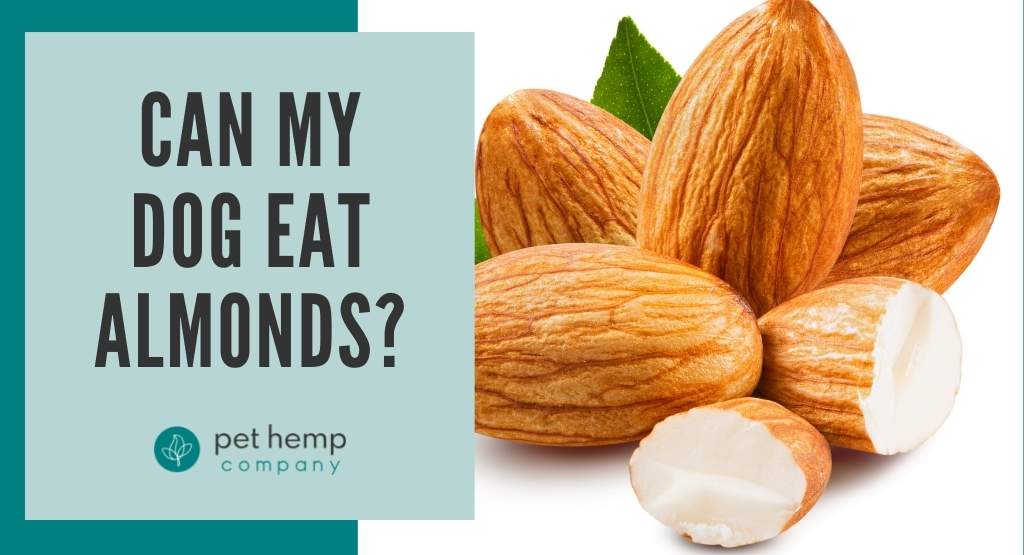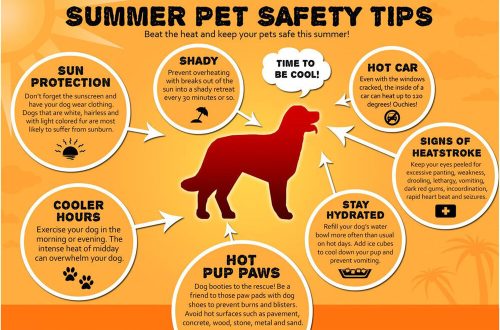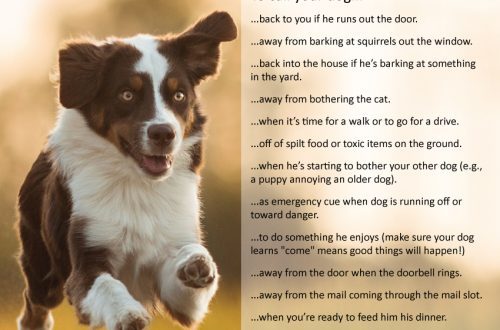
Can dogs eat almonds
Although almonds are extremely healthy for humans and even considered a superfood, there are a few things to keep in mind before giving this nut or its treats to a dog.
Contents
Can dogs eat almonds
Almonds are not considered safe for dogs. While it’s not actually toxic to pets like macadamia nuts and some other varieties of nuts, it poses a number of health risks to dogs. American Kennel Club (AKC). Eating almonds can cause the following disorders in your pet:
- Gastrointestinal Disorders. Four-legged friends usually do not digest almonds well. Of course, eating a couple of nuts will most likely not cause any problems, but an excess of almonds can lead to vomiting, diarrhea, gas, lethargy and loss of appetite.
- Pancreatitis. Almonds are very high in fat, and while episodic consumption of this nut is unlikely to have a big impact on a dog, excess almonds can contribute to weight gain and lead to inflammation of the pancreas, a serious disease that can greatly impair her health, reports AKCC.
- Additional risks associated with eating almonds with various spices. Salt and other seasonings used to prepare spiced almonds can have adverse health effects on the animal. For example, garlic and onion powder are toxic to dogs.
Some almond products, in particular almond flour, which is a powdered nut, and almond protein, carry largely the same risks as whole almonds. Other almond-based treats, such as whole almond chocolate, muesli bars, and almond baked goods, may contain ingredients such as cocoa, raisins, or artificial sweeteners that are toxic to pets.
Can a dog eat almond oil?
According to Organic Facts, processing almonds into almond oil increases the bioavailability of nutrients and makes them easier for the dog to digest. This means that if a four-legged friend consumes almond oil, the likelihood of developing problems with the gastrointestinal tract is lower, but other risk factors still remain.
Excess consumption of almond oil, like many other human foods, can still lead to pancreatitis. In addition, many types contain salt and artificial sweeteners such as xylitol, which are toxic to dogs. However, if your pet accidentally eats some almond butter, they will most likely be fine.
It is best to give your dog natural peanut butter, which is considered safe and healthy for pets in moderation. However, it is important to remember that natural peanut butter contains a lot of fat and also poses health risks.
Always consult your veterinarian before giving your canine friend a product that is not made specifically for dogs. However, any such treats should be given in moderation, as the calorie content of treats should not exceed ten percent of the pet’s daily calorie intake.
Is almond milk bad for dogs?
Almond milk is a by-product of almond processing, and the concentration of this nut per cup of almond milk is very low. Dog Health Coach. Like almond oil, almond milk is unlikely to cause gastrointestinal problems in dogs, so an unsweetened and unflavored drink will not harm them.
It is important to remember that pets do not receive any nutritional value from almond milk, so for them it will be empty calories. And flavored sweetened almond milk may contain artificial sweeteners and other harmful ingredients. So if possible, such treats for a pet should be avoided.
The dog ate almonds: what to do
In most cases, one or two nuts or a spoonful of almond butter, eaten without permission, is unlikely to harm the dog. However, if your pet does eat any almonds, you should keep a close eye on them and contact your veterinarian at the first sign of gastrointestinal problems.
If a dog eats more than a few almonds or ingests an almond product containing other toxic ingredients, including other nuts, contact your veterinarian immediately.
In case of any doubts or concerns about the health of a dog that has eaten almonds, it is always best to contact a veterinarian.
See also:
- Can you give your dog bananas?
- Can dogs have cheese
- Dogs and Human Food: Why You Shouldn’t Feed Your Dog Leftovers from Your Table





